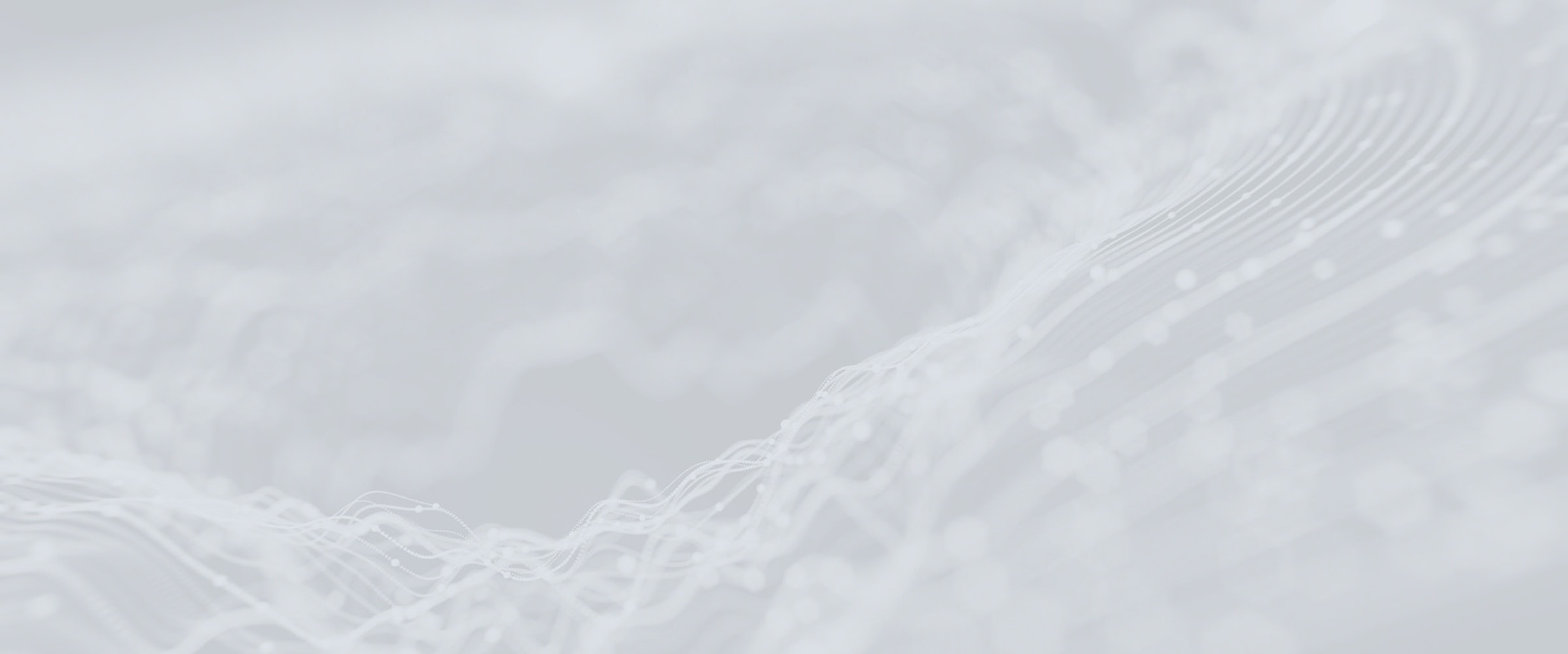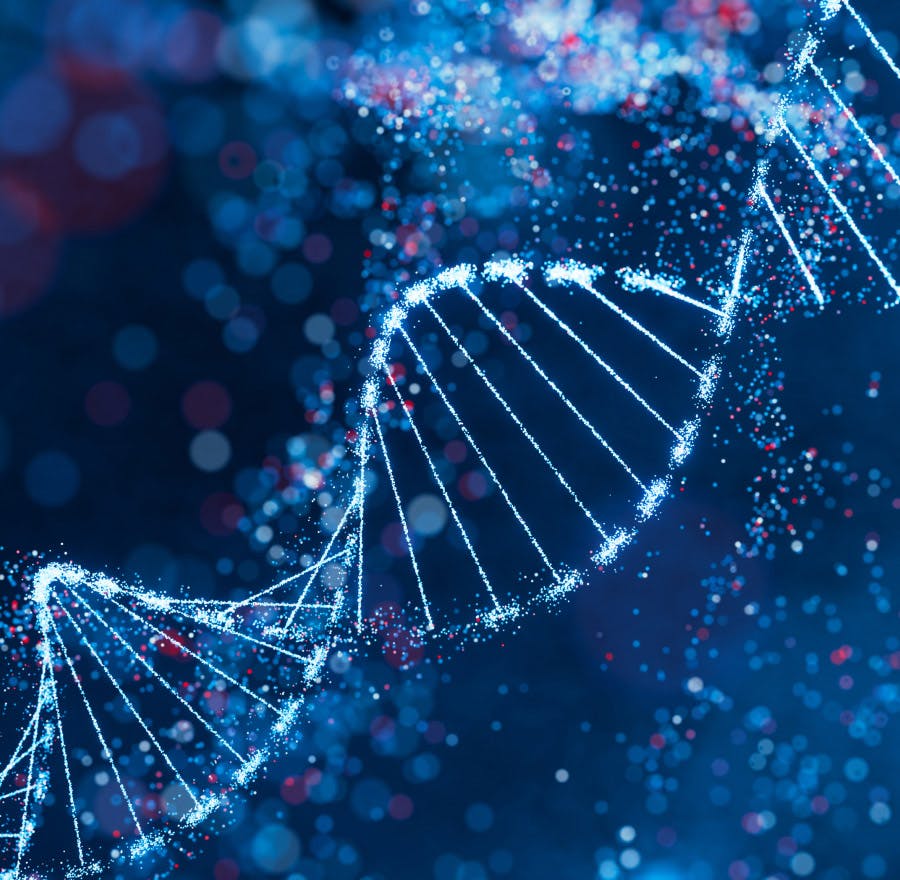Degenerated and herniated discs can cause significant pain and disrupt your daily life, but with the right care and treatment, you can find relief. At California Neurosurgical Institute, our skilled team of neurosurgeons offers a range of solutions to help you overcome the challenges of disc problems and get back to living your life comfortably.
Common Symptoms of Disc Problems
Symptoms can vary widely depending on the severity and location of the disc issue:
- Dull or Sharp Back Pain: Degenerated discs often cause persistent back pain that can be dull or sharp. Herniated discs can cause intense pain that may radiate to other parts of your body.
- Nerve Pain: If a herniated disc presses on a nerve, you might experience pain, numbness, or tingling that travels down your arms or legs, depending on the affected area.
- Weakness: Pressure on nerves can lead to muscle weakness, making it difficult to perform everyday tasks like lifting, walking, or standing.
While some people experience only mild symptoms, others may suffer from more severe pain that interferes with daily activities. If your pain has persisted for more than six months, seeking a professional evaluation at California Neurosurgical Institute is essential.






